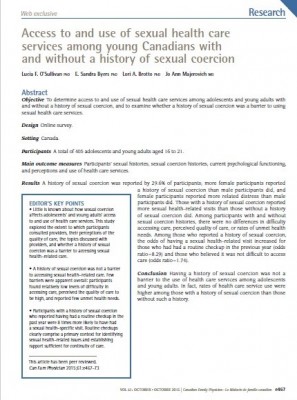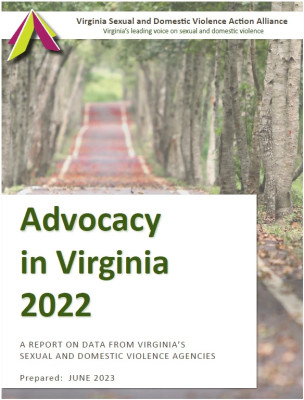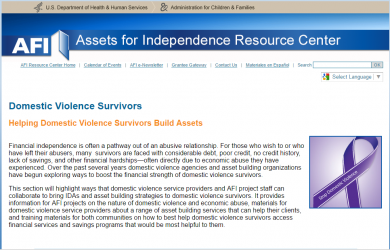Resources Library: Intervention & Services
Start a Search:
2016 New Protective Order Law - What does it mean?
On July 1, the new law that prohibits persons subject to protective orders from possessing firearms will take effect. We have designed a brief FAQs sheet about the new law that provides some basic information on what the law does, what it doesn’t do, and outlines conversations/issues that communities need to be talking about to come up with protocols. It also provides a link to some best practices.
DCJS has also put some information up on their site. This link has information on a recent brochure that DCJS developed on the new law, a list of law enforcement agencies who are willing to accept firearms, and a link to a new grant opportunity to fund pilot sites for implementing the new law. In short, there is not a statewide directive for implementation. Local courts, law enforcement, domestic violence programs and other stakeholders have to come together to come up with a plan for their locality.
A Practical Guide for Creating Trauma-Informed Disability Domestic Violence and Sexual Assault Organizations
A Practical Guide for Creating Trauma-Informed Disability, Domestic Violence and Sexual Assault Organizations was developed through the Violence Against Women with Disabilities and Deaf Women Project of Wisconsin. It is designed to highlight and explore effective trauma-informed conditions or core values that victims, survivors and people with disabilities are finding essential for safety and healing. This document is a guide, not a manual. It is designed to lead readers on a journey of exploration into the context of these conditions to promote dialogue and understanding, and spur implementation of strategies for domestic violence, sexual assault and disability organizations to become more trauma-informed.
Access To and Use of Sexual Health Care Services Among Young Canadians With and Without a History of Sexual Coercion

The goal of this 2015 online survey was to determine access to and use of sexual health care services among adolescents and young adults with and without a history of sexual coercion, and to examine whether a history of sexual coercion was a barrier to using sexual health care services.
The study ultimately found that having a history of sexual coercion was not a barrier to the use of health care services among adolescents and young adults. In fact, rates of health care service use were higher among those with a history of sexual coercion than those without such a history.
Advocacy in Virginia 2022

Virginia's Sexual and Domestic Violence advocates are our community's front-line responders to survivors of violence. They provide not only crisis response and shelter for survivors, but also assistance to meet financial, housing, employment, and legal services needs.
With the continued struggles brought on by the COVID-19 global pandemic, survivors' need for critical services from sexual and domestic violence agencies did not wane. Despite being short staffed, having difficulty maintaining 24/7 shelter coverage, budget cuts, and changes in community partnerships and resources, advocates remained on the front lines to meet survivors' needs, maintaining virtual support opportunities, ongoing safety planning, including better understanding the safer use of technology, and building better relationships with community partners.
Action Alliance staff chose to take a more in depth look at the impact of services on the experiences of survivors since the onset of the COVID-19 pandemic. Take a look at the summary report that demonstrates the continued need for the vital advocacy services provided by sexual and domestic violence advocates around the commonwealth.
Assets for Independence Resource Center: Domestic Violence Survivors

The Assets for Independence Resource Center (AFI) is housed under the Administration for Children and Families under the U.S. Department of Health and Human Services. The AFI Resource Center provides information on AFI programs and Individual Development Accounts (IDAs). The AFI Resource Center provides a Domestic Violence Survivors Toolkit which includes information for service providers and survivors about how financial independence can be a pathway out of an abusive relationship. The information on the AFI Resource Center website includes asset building strategies for survivors and how AFI staff and service providers can collaborate to bring IDAs to survivors.

